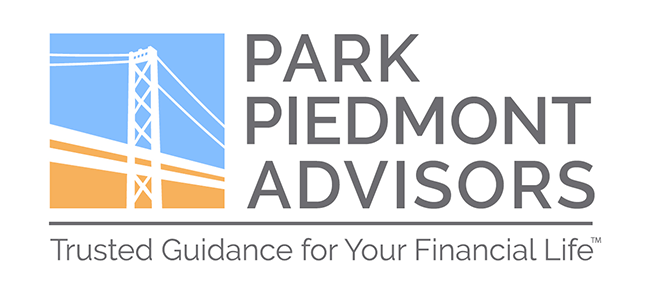As you may know, the Levinsons are pretty big baseball fans. Vic and Nick actually coached Tom’s little league teams (photos are available upon request), and Nick and Tom (and their sister Lynn) grew up going to Yankees games on the 4 train in the 70s and 80s. So there was some excitement upon the announcement, made this past weekend, that the Yankees had traded for Giancarlo Stanton, the reigning Most Valuable Player in the National League.
In the article on espn.com breaking the news, an interesting detail popped out: when Stanton was drafted back in 2007, he was the 76th player selected. Stanton is a towering slugger and four-time All Star. Yet, a decade ago, the teams of Major League Baseball selected 75 other players before him. Amazingly, of those 75, over twenty never played a single game in the Major Leagues.
How did so many teams, tasked with the most expertise and up-to-date information, get their predictions so wrong? Some players got injured, as you’d probably expect. Elbows wear down and knees give out. Some others just didn’t improve the way teams expected them to – in some cases the shortcomings were likely physical; in others, mental; in still others, both.
But the real answer is that fortune-telling is exceedingly hard.
At year’s end, forecasts for the year to come are everywhere. That’s especially the case in the financial markets. With various stock indices at or near all-time highs, analysts and pundits declare that it’s only a matter of time before a significant stock decline. “Whoa,” say other commentators, “why so gloomy?” With a growing economy both here and abroad, unemployment down, and significant tax legislation on the brink of passage, these observers exude confidence that there’s plenty of room for markets to rise.
Many – including many who are smart and sophisticated – attribute significance to the predictions. They base their actions on these predictions. They rely on them. Indeed, much of the investment advisory industry relies on the ostensible predictive ability of researchers and stock pickers, portfolio managers and quants. Are they reliably right?
No.
According to the S&P Dow Jones Indices Persistence Scorecard, very few funds consistently outperform their benchmarks. The 2016 Scorecard reports: “Out of 631 domestic equity funds that were in the top quartile as of September 2014, only 2.85% managed to stay in the top quartile at the end of September 2016. Furthermore, 2.46% of the large-cap funds, 2.20% of the mid-cap funds, and 3.36% of the small-cap funds remained in the top quartile.”
In other words, roughly 97 percent of the active managers who are paid (handsomely) to outsmart the future failed to, even over a 2-year period. Jeff Sommer’s March 2015 column in the New York Times memorably explored this same territory.
Researchers have found that in various fields, experts have a hard time forecasting what’s to come. In a September 2011 episode of the Freakonomics podcast called “The Folly of Prediction,” Philip Tetlock, a professor of psychology and management at Wharton, explained that a signature challenge for experts lies in “think[ing] they know more than they do.” They tend to be “systematically overconfident.” As much of the field of behavioral economics continues to reveal, humans are predisposed toward emphasizing data that supports our positions, our viewpoints, and our biases, and undervaluing data that challenges those positions.
Perhaps needless to say, the difficulties of prediction aren’t limited to experts! We mortals aren’t too hot at predicting outcomes, either.
Frequently in conversation, the question is asked: where do you think the markets (or interest rates, or the economy) are going? You likely know our answer by now: we don’t know.
Park Piedmont has a deep institutional humility about our ability to forecast what’s to come in a complex world. It’s why our Comments routinely feature Larry Swedroe’s observation that “the biggest mistake investors make is treating the highly unlikely as impossible (such as having a massive crisis), and the likely almost as if it is certain (such as the probability that stocks will outperform bonds over twenty years).” It’s why we emphasize customized, broadly diversified asset allocations for you, our clients, in a way that’s respectful of your risk tolerance and designed to help accomplish your long-term goals.
It’s also why you won’t see us placing a wager on the Yankees’ World Series chances in 2018 after their blockbuster trade – even if that’s what the experts are predicting.
